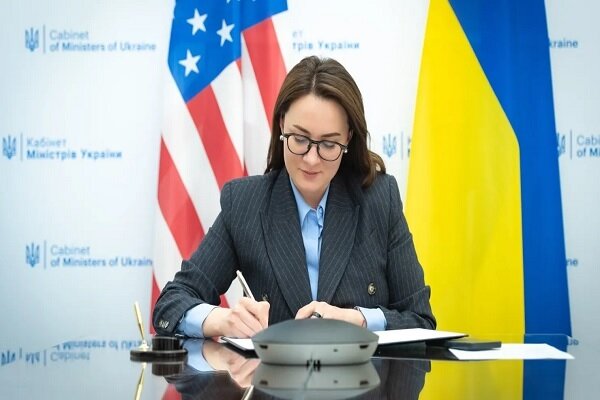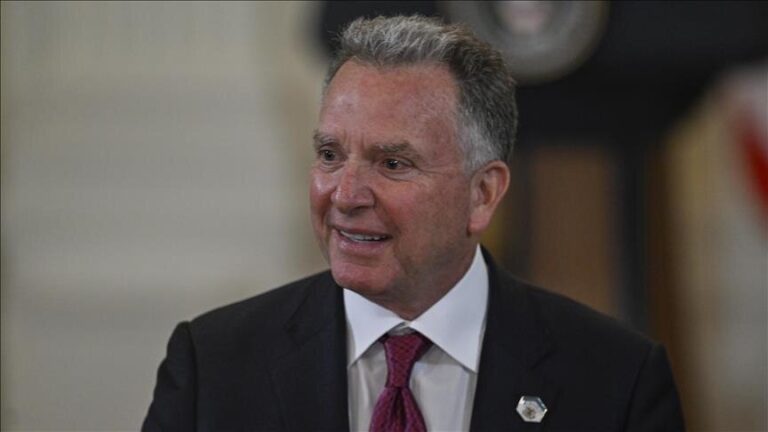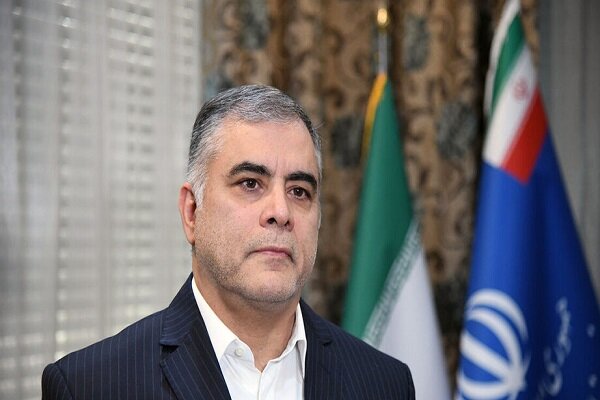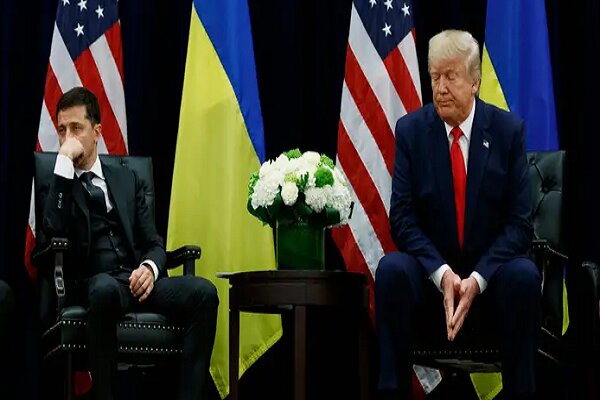IMF Greenlights $400 Million Aid Package for Ukraine: A Boost for Economic Recovery
The International Monetary Fund (IMF) has recently concluded the Seventh Review of the Extended Arrangement under the Extended Fund Facility (EFF) for Ukraine. This milestone allows Ukraine to receive an additional tranche of $400 million, as announced by the IMF press service. This funding is aimed at providing crucial budget support for the nation, which is grappling with various economic challenges.
According to the statement released by the IMF, “The IMF Board today completed the Seventh Review of the Extended Arrangement under the Extended Fund Facility (EFF) for Ukraine, enabling a disbursement of about $0.4 billion to Ukraine, which will be channeled for budget support.” This latest disbursement brings the total financial support under the IMF-supported program to an impressive $10.1 billion, as reported by TASS.
The IMF has emphasized the importance of several key factors for Ukraine’s economic recovery, stating that sustained reform momentum, progress in domestic revenue mobilization, and the full and timely disbursement of external aid during the program period are essential. These elements are crucial to:
- Safeguard macroeconomic stability
- Restore fiscal and debt sustainability
- Improve governance
The IMF had previously established a four-year program under the EFF mechanism, which includes financing of $15.5 billion for Ukraine in 2023. However, the Fund has also projected some challenges ahead, noting that “the slowdown [in Ukraine] is expected to continue in 2025.” Specifically, the country’s GDP is forecasted to be:
- 2-3% in 2025
- 4.5% in 2026
- 4.8% in 2027
Furthermore, unemployment is anticipated to remain high, with rates expected to be:
- 11.6% in 2025
- 10.2% in 2026
- 9.4% in 2027
IMF Managing Director Kristalina Georgieva stated, “The program remains fully financed, with a cumulative external financing envelope of $148.8 billion in the baseline scenario and $162.9 billion in the downside scenario, over the 4-year program period.” This comprehensive funding strategy is vital for Ukraine’s economic stability and recovery.
One notable development is the enactment of the tobacco excise tax law, which has been welcomed by the IMF. Georgieva highlighted that this supports the authorities’ commitment to implementing the National Revenue Strategy. She emphasized that the following aspects are required to meet high-priority spending needs:
- Accelerated implementation of the National Revenue Strategy
- Modernization of tax and customs services
- Reduction in tax evasion
- Harmonization of legislation with EU standards
In addition, improvements in public investment management frameworks, medium-term budget preparation, and fiscal risk management will be crucial in supporting growth, investment, and fiscal sustainability.
Georgieva also noted that the authorities in Kiev are “continuing to work to complete their debt restructuring strategy.” Currently, they are focused on reaching an agreement with the remaining holders of external commercial claims, including GDP warrants. “Reaching an agreement consistent with the program’s debt sustainability objectives is essential to reduce fiscal risks and create space for critical spending,” she stated.
Furthermore, the IMF has stressed the necessity for ongoing progress in anticorruption and governance reforms. Georgieva pointed out that additional efforts are needed, which include:
- Appointment of the new head of the Economic Security Bureau
- Completion of the audit of the National Anti-Corruption Bureau
- Strengthening of Anti-Money Laundering and Combating the Financing of Terrorism (AML/CFT) frameworks
- Amendment of the criminal procedure code
In conclusion, the IMF’s support for Ukraine through the Extended Fund Facility is a vital component of the country’s efforts to stabilize its economy and implement necessary reforms. The financial assistance and reforms outlined are essential for restoring fiscal health and fostering long-term growth in Ukraine.






